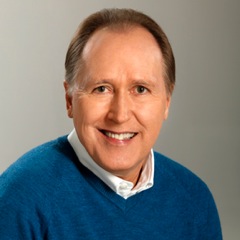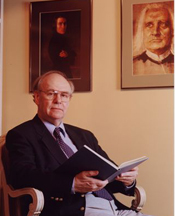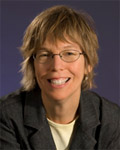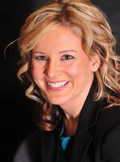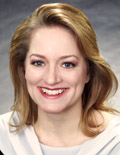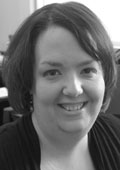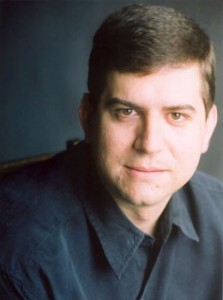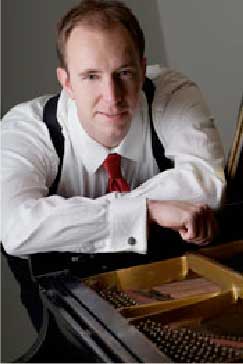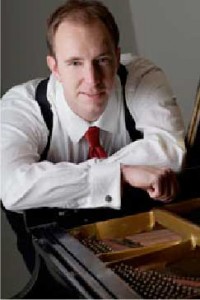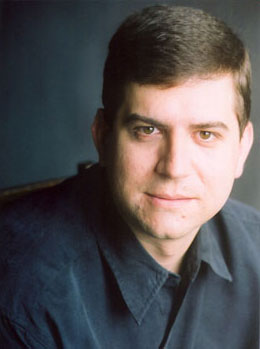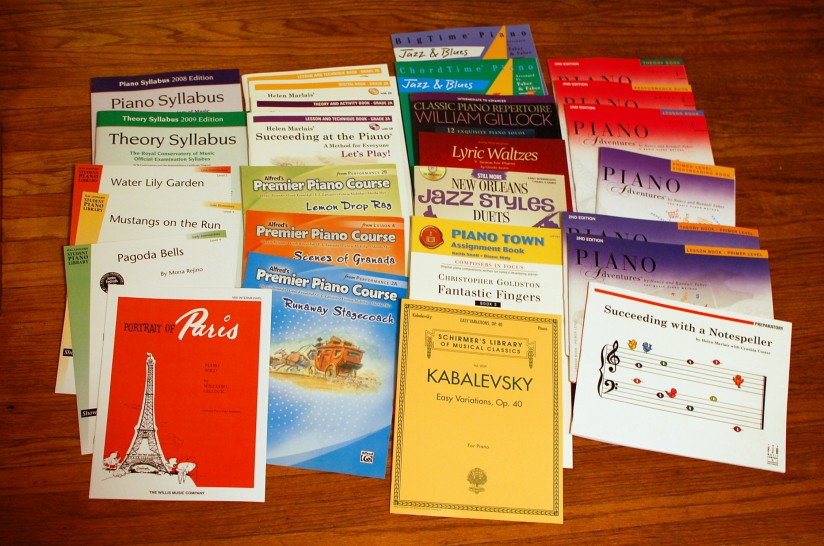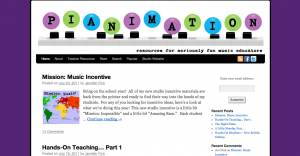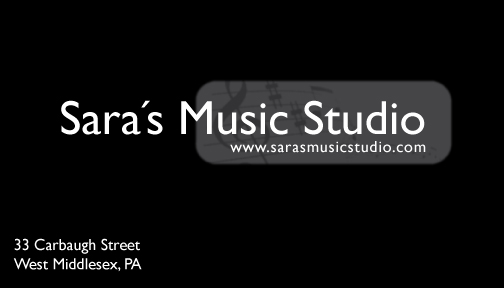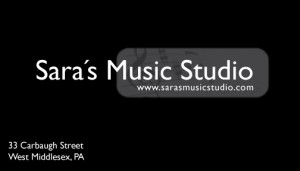Your Student Recitals, Live on the Internet! by Mario Ajero, Shana Kirk, George Litterst, and Stella Sick. Th @ 2:15pm.

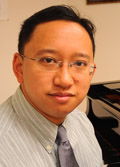 During this session, the presenters told us all about the benefits, feasibility, and equipment needed to broadcast your student recitals live on the internet.
During this session, the presenters told us all about the benefits, feasibility, and equipment needed to broadcast your student recitals live on the internet.
Streaming your student recitals online can allow you to reach distant friends and relatives, publicize your studio, and help find an audience for your niche.
Streaming means you are broadcasting a live video feed online for people to view. Streaming = one way (but you can reach unlimited amounts of people), while video conferencing = two way conversation (can reach a limited amount of people). Continue reading “NCKP 2011 | (9) Your Student Recitals, Live on the Internet!”



